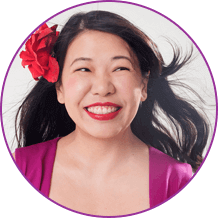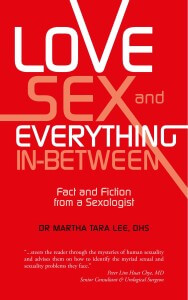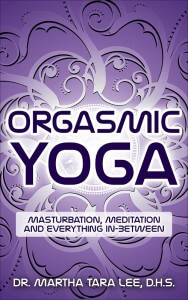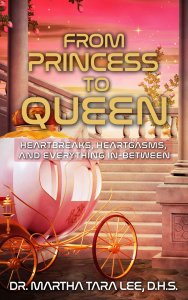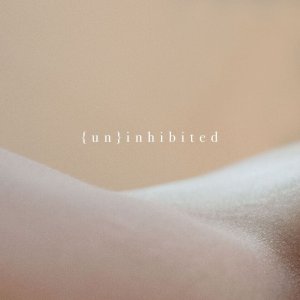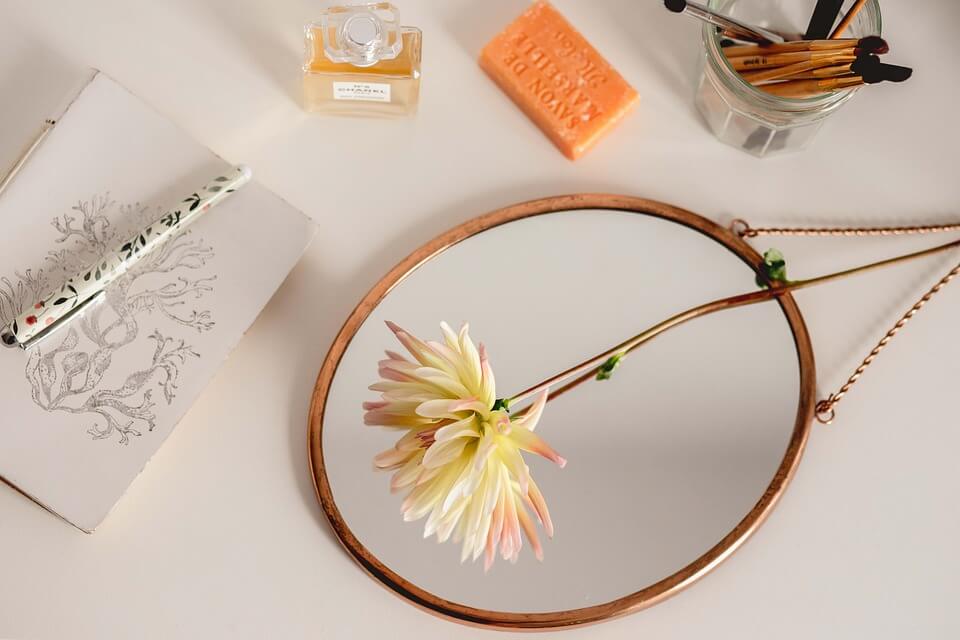
As a Relationship Counselor and Clinical Sexologist, I have worked with many individuals with disabilities who struggle with negative self-beliefs around their sexuality. These beliefs can be deeply ingrained and can prevent them from experiencing pleasure, intimacy, and connection with others. However, it’s important to remember that these beliefs are not true and can be reframed and empowered with the right tools and resources.
Firstly, it’s important to recognize that everyone has the right to experience pleasure and intimacy, regardless of their physical abilities. Disability does not define your worth or your ability to have a fulfilling sex life. It’s important to reframe negative self-beliefs into positive affirmations that empower you and help you feel confident in your sexuality.
Here are some self-talk scripts that can help you reframe negative self-beliefs:
- “I am worthy of pleasure and intimacy.”
- “My disability does not define my sexuality.”
- “I am capable of experiencing pleasure in my own unique way.”
- “I am deserving of love and connection.”
It’s also important to communicate with your romantic or sexual partner about your needs and desires. This can be a vulnerable conversation, but it’s important to be open and honest about what you need in order to feel comfortable and fulfilled. Here are some tips for talking to your partner:
- Be clear and specific about what you need.
- Use “I” statements instead of “you” statements.
- Be open to listening to your partner’s needs and desires as well.
- Focus on the positive aspects of your sexuality and your relationship. This can help create a positive energy that will be contagious to your partner.
- Practice mindfulness and be present in the moment during sexual experiences. This can help you connect with your partner on a deeper level and create a positive energy.
- Show appreciation for your partner and their efforts to please you sexually. This can create a positive feedback loop where both partners feel appreciated and valued.
- Experiment with new sexual experiences and techniques to keep things fresh and exciting. This can create a sense of adventure and excitement that can be contagious.
- Take care of your physical and emotional health, as this can have a positive impact on your sexual energy and overall well-being.
- Remember that communication is key in any relationship.
Dealing with rejection can be difficult, but it’s important to remember that rejection is not a reflection of your worth or desirability. Here are some tips for coping with rejection:
- Practice self-care activities that make you feel good.
- Surround yourself with supportive friends and family.
- Remember that rejection is a normal part of dating and relationships.
- Reframe rejection as an opportunity to find someone who is a better match for you.
- Remember that rejection is not personal.
- Focus on the positive aspects of yourself and your sexuality.
- Practice self-care and self-love.
- Seek support from friends, family, or a therapist.
There are also many resources available for individuals with disabilities who want to explore their sexuality and connect with others. Here are some resources to consider:
- The Sexual Health Network of Quebec provides information and resources on sexual health for people with disabilities.
- The National Center on Disability and Journalism provides resources for journalists covering disability issues, including sexuality.
- The American Association of Sexuality Educators, Counselors, and Therapists (AASECT) provides a directory of certified sex therapists who specialize in working with individuals with disabilities. I am an AASECT certified sexuality educator, certified sexuality educator supervisor as well as CE provider.
- Disabled People’s Association (DPA) – DPA is a non-profit organization that advocates for the rights of individuals with disabilities in Singapore. They offer a range of programs and services, including counseling and support groups, that can help individuals with disabilities explore their sexuality and connect with others.
Remember, your disability does not define your sexuality or your worth as a person. With the right tools and resources, you can reframe negative self-beliefs and empower yourself to experience pleasure, intimacy, and connection with others. If you feel comfortable, you may also consider seeing a sexologist like myself who specializes in working with individuals with disabilities. They can provide personalized guidance and support to help you explore your sexuality in a safe and affirming way.
About Dr. Martha Tara Lee
Dr. Martha Tara Lee has been a passionate advocate for positive sexuality since 2007. With a Doctorate in Human Sexuality and a Masters in Counseling, she launched Eros Coaching in 2009 to help individuals and couples lead self-actualised and pleasurable lives. Her expertise includes working with couples who have unconsummated marriage, individuals with sexual inhibitions and discrepancies in sexual desire, men with erection and ejaculation concerns, and members of the LGBTQIA+ and kink communities. Dr. Lee welcomes all sexual orientations and is available for online and face-to-face consultations. Martha speaks English and Mandarin.
She is the only certified sexuality educator by the American Association of Sexuality Educators, Counselors and Therapists (AASECT) in the region (as of 2011) and is also an AASECT certified sexuality educator supervisor (as of 2018). She strives to provide fun, educational, and sex-positive events and is often cited in the media including Huffington Post, Newsweek, South China Morning Post, and more. She is the appointed Resident Sexologist for Singapore Cancer Society, Of Noah.sg, OfZoey.sg, and Virtus Fertility Centre. She is the host of radio show Eros Evolution for OMTimes Radio. In recognition of her work, she was named one of ‘Top 50 Inspiring Women under 40’ by Her World in July 2010, and one of ‘Top 100 Inspiring Women’ by CozyCot in March 2011. She is the author of Love, Sex and Everything In-Between (2013), Orgasmic Yoga: Masturbation, Meditation and Everything In-Between (2015), From Princess to Queen: Heartbreaks, Heartgasms and Everything In-Between (2017), and {Un}Inhihibited (2019).
You can read the testimonials she’s received over years here. For her full profile, click here. Email her here.

 Become a Patron!
Become a Patron!